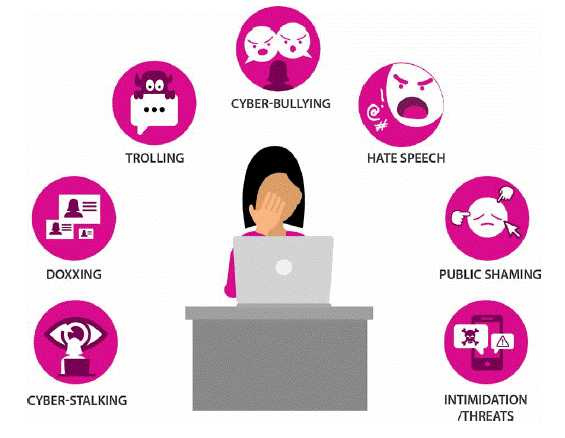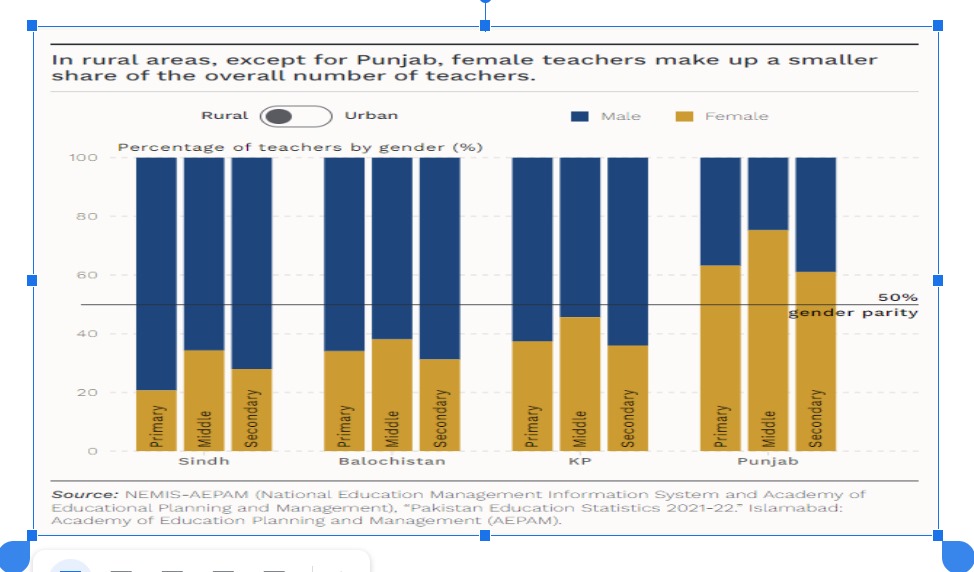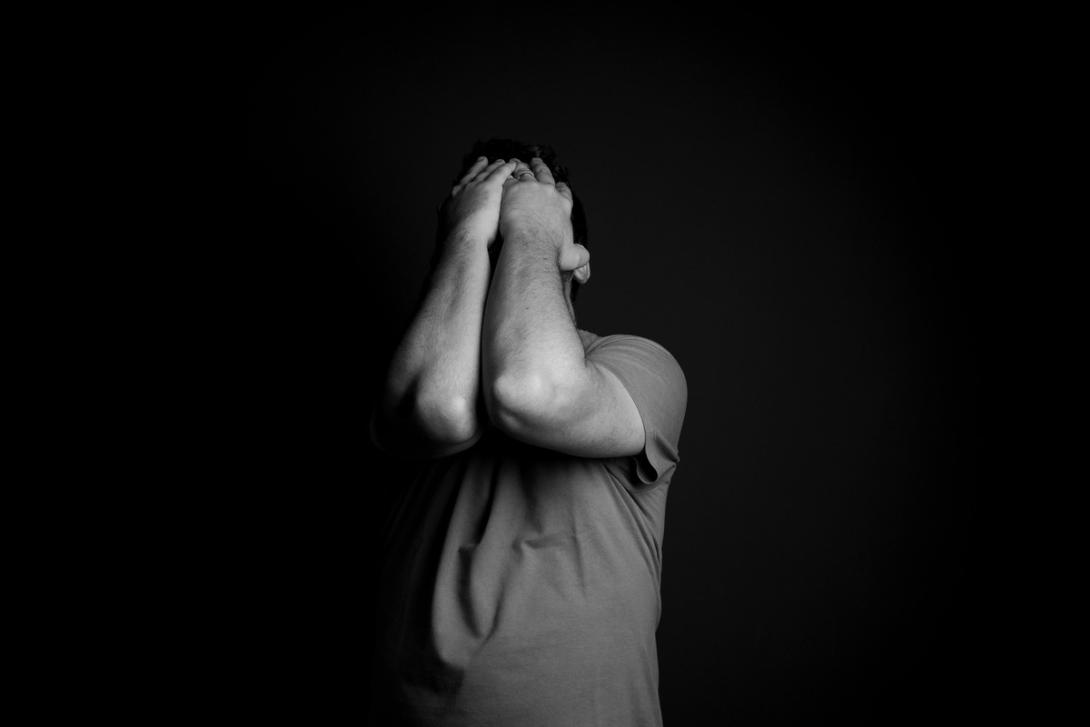
Academic Pressure and Toxic Culture
Education is a powerful tool and is highly valued in Pakistan. However, pursuing academia is full of challenges, especially for women. The combination of academic pressure with a toxic environment, harassment, and gender-based discrimination are a few of the challenges faced by female students. These challenges are overwhelming for female students protected from society by their parents. Females' struggle for education starts from within their homes. They have to fight for their basic rights. These challenges continue when they have to face the world. They are expected to handle the household responsibilities and manage their good grades. These expectations lead to making them mentally stressed, anxious, and depressed. According to a survey conducted by Agha Khan University (2018) ,34% of Pakistani female students experience stress, anxiety, and sadness because of their academic performance.
The toxic culture surrounding academia, where a person's worth is determined by their grades, leaves very little room for personal growth, creativity, and exploration of interest. In Pakistan, female students frequently experience extreme pressure to perform academically well They also face the stress of upholding the family’s honor.
Harassment: A Double-Edged Sword
Harassment is an increasing issue in educational institutes. Harassment from teachers either through unfair treatment or inappropriate behaviour creates a sense of insecurity. They avoid reporting such harassment due to the fear of victim blaming or reputation. This silence lets abusers continue their pattern of abuse and gives them the freedom to do as they choose. A recent and high-profile example is the Islamia University Bahawalpur harassment case, which highlighted the issue of female students facing sexual harassment by their male teachers. A research study (2024) mentioned, “According to Pakistani media, Islamia University, Bahawalpur, Pakistan reported 5500,5400 or maybe 400 obscene video records of dormitory ladies during the time of July 2023”
However, the difficulties faced by female students are exacerbated by male student harassment, which takes the form of inappropriate remarks, physical advances, and verbal abuse. Their emotional health and sense of safety on campus are also impacted by this harassment, in addition to their academic achievement. These problems are made worse by the absence of efficient procedures for dealing with and stopping harassment, which leaves female students defenceless and unprotected. According to a study published in the Sindh University Journal (2015), women have to face harassment and discouragement by their male counterparts in higher education institutes.
Gender-based discrimination and Leg-pulling
The academic environment is often male-dominated leading to gender discrimination. Gender-based discrimination is very prominent in education institutes. Female students often face leg-pulling not only by their fellow male classmates but also by the faculty. As well as their achievement and capabilities are considered inferior because they consider males to be the superior ones. They are excluded from group activities and leadership roles which hinders in their personal and academic growth. The same study (2015)that was published in the Sindh University journal stated that women in higher education institutes also face gender-based discrimination.

Transportation issue
Females often have to rely on public transportation to commute to and from their educational institutions. However, public transportation is considered overcrowded and unsafe for female students. Harassment in public transport is a common incident.
These Incidents deter many female students from attending their classes regularly. The lack of reliability and safety limits their access to higher education, especially for those from poor households.
The educational continuity is negatively impacted by inadequate transportation facilities. According to UNESCO research, transportation-related problems accounted for 18% of the dropout rate among female students in Pakistan.
Mental Health
These issues increase the number of female students dealing with mental health issues. They are unable to get the required treatment due to the lack of support from the institute such as counselling services or stress management programs and also due to the stigma in Pakistan regarding mental health, which leads them to suffer and deal with it silently.
Conclusion
The academic journey of the females is laden by many challenges. Addressing these challenges requires a supportive, comprehensive, and inclusive approach. Empowering women to overcome these challenges is very important not only for their personal growth but also for society’s growth. By acknowledging these obstacles Pakistan can create a more supportive environment that allows them to thrive and reach their full potential.
References
Irum , S., Bhatti , D., & Munshi , D. (2015, October). Study on Problems Faced by Women In Higher Educational Institutions In Sindh,Pakistan . The Sindh University Journal of Education, 44 No.1, 173 – 191.
Latif , M. (2024, June). Sexual Assaults: A Pakistani Women and Sexual Harassments in Universities and Recent Scandal of Islamia University of Bahawalpur. Al-Fadlan Journal of Islamic Education and Teaching, 2 .
Rehmani, N., Khan , Q., & Fatima, S. (2018, May - June 3). Stress, Anxiety and Depression in students of a. Pakistani Journal of Medicial Science, 34, 1-7 .
Available at: https://ecommons.aku.edu/pakistan_fhs_mc_psychiatry/58


